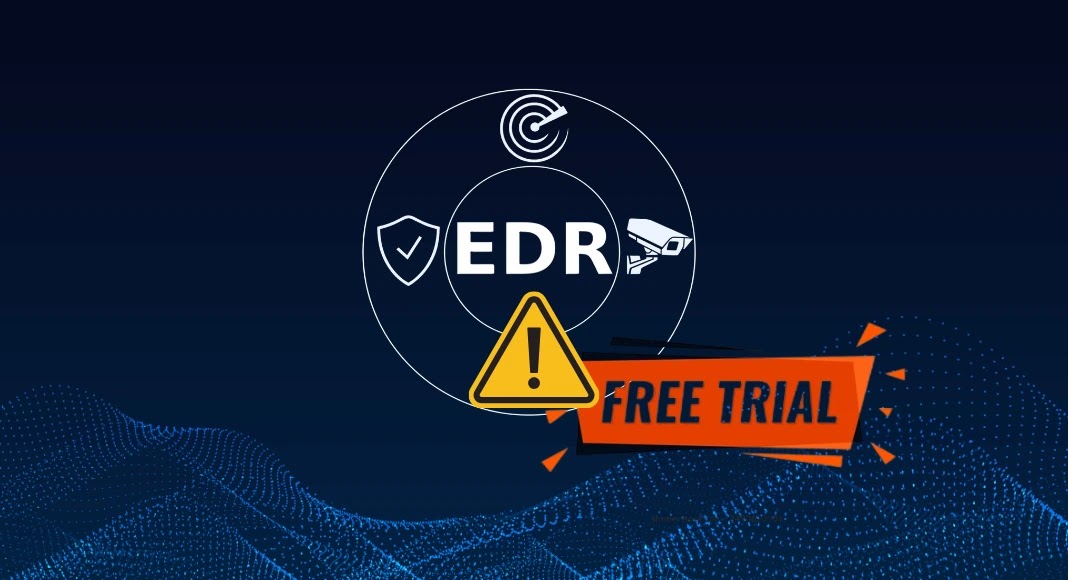AI: Transforming Indian Enterprises and Driving Innovation by 2025
Artificial Intelligence (AI) is poised to revolutionize Indian enterprises in 2025, with AI-driven revenue generation taking center stage. Simultaneously, the Indian government aims to establish robust computing infrastructure by mid-2025 and implement an ethical AI framework to ensure responsible usage.
A study by IBM (NASDAQ: IBM) highlights that Indian organizations will prioritize AI investments in customer experience enhancement (27%), strategic planning (16%), and IT function optimization (16%). However, these goals hinge on overcoming challenges such as data accessibility issues (46%), limited AI expertise (42%), and difficulties in integration and scaling (38%).
AI: A Catalyst for Transformation
“In 2025, AI will redefine productivity and scalability for Indian enterprises,” stated Sandip Patel, Managing Director, IBM India & South Asia. Patel emphasized the need for responsible AI adoption, strategic initiatives for competitive advantage, and leveraging smaller, efficient AI models for task-specific applications at reduced costs.
India’s IndiaAI Mission, launched in March 2024, aims to bolster AI leadership and democratize AI benefits across society. As part of this mission, a second round of Expressions of Interest (EoI) invites proposals from academic institutions, research bodies, startups, and companies by January 9, 2025.
Key Focus Areas for AI Development
Five core themes guide the initiative:
- Watermarking and Labeling: Tools to authenticate AI-generated content.
- Ethical AI Frameworks: Ensuring alignment with global standards and human values.
- AI Risk Assessment: Developing tools for safe AI deployment in public services.
- Deepfake Detection: Real-time tools to mitigate misinformation and enhance digital trust.
- Collaboration Tools: Practical frameworks to address critical challenges.
This initiative aligns with the government’s vision of inclusive growth through AI.
AI-Driven Innovation Across Sectors
In 2025, AI integration with blockchain will enhance data integrity and fraud detection, according to Rohan Sharan, CEO of Timechain Labs. Meanwhile, Raj Kapoor, Chairman of the Global Alliance for Ethical AI Innovation, emphasized the importance of addressing barriers like limited AI expertise and ethical concerns to accelerate adoption.
The Global Alliance for Ethical AI and Innovation was launched to promote inclusivity, ethical AI scaling, and robust governance frameworks. The Reserve Bank of India (RBI) is also spearheading initiatives, such as MuleHunter.AI, to combat digital fraud and enhance the financial sector’s security.
Building AI Capabilities for the Future
India’s Defense Minister, Rajnath Singh, has urged scientists and engineers to master advanced technologies like AI and quantum computing to strengthen the nation’s innovation landscape. By mid-2025, over 10,000 GPUs will be made available under the IndiaAI Mission to foster AI ecosystem development, according to Abhishek Singh of the Ministry of Electronics and IT.
Sharat Chandra, founder of EmpowerEdge Ventures, anticipates increased investments in AI infrastructure and India-specific use cases, supported by public-private partnerships. Amit Kumar Gupta, a Supreme Court legal practitioner, highlighted that explainable AI, talent programs, and affordable AI solutions will drive ethical adoption and innovation in sectors like manufacturing, governance, and healthcare.
To ensure AI thrives within legal and ethical frameworks, integrating enterprise blockchain systems will be critical for data security and immutability. Explore Cyberkitera’s coverage to understand how blockchain will underpin AI’s future.













Post Comment